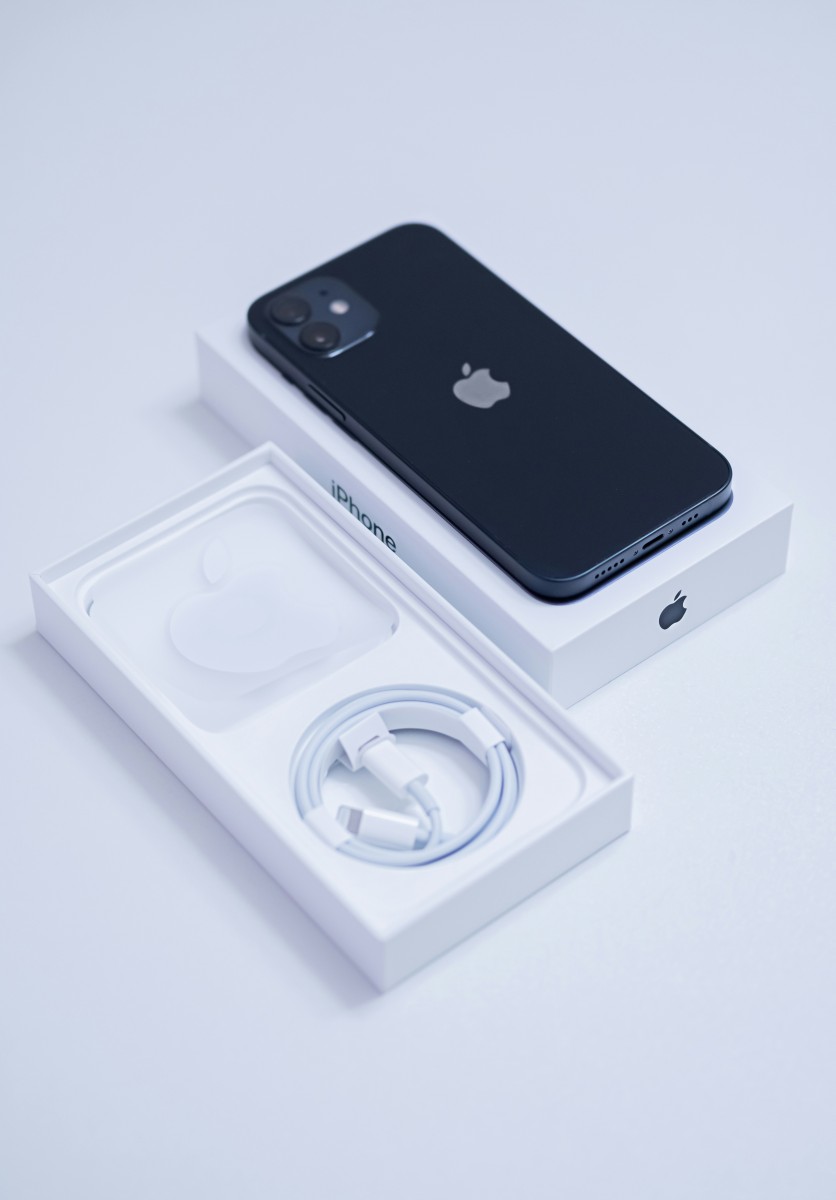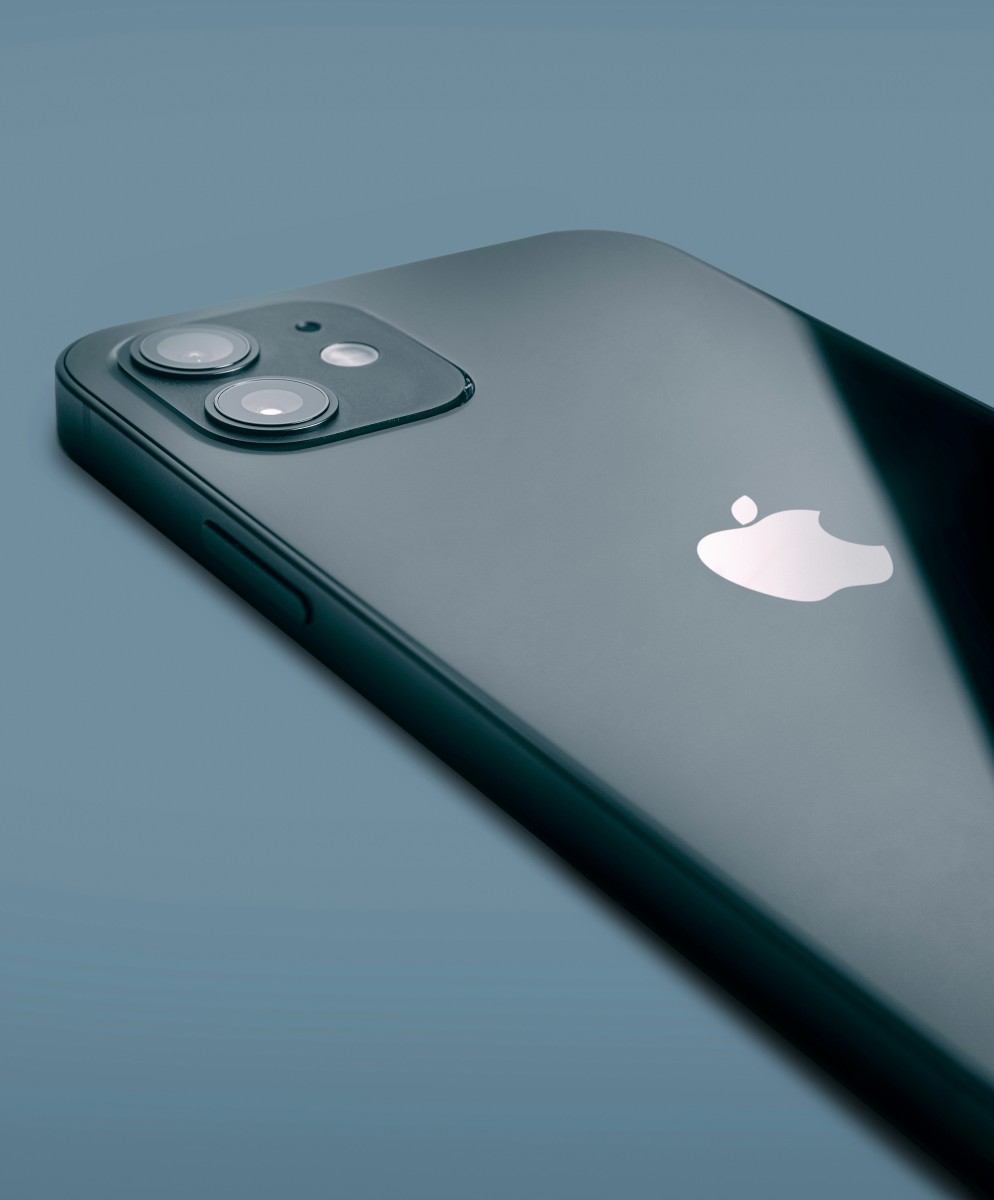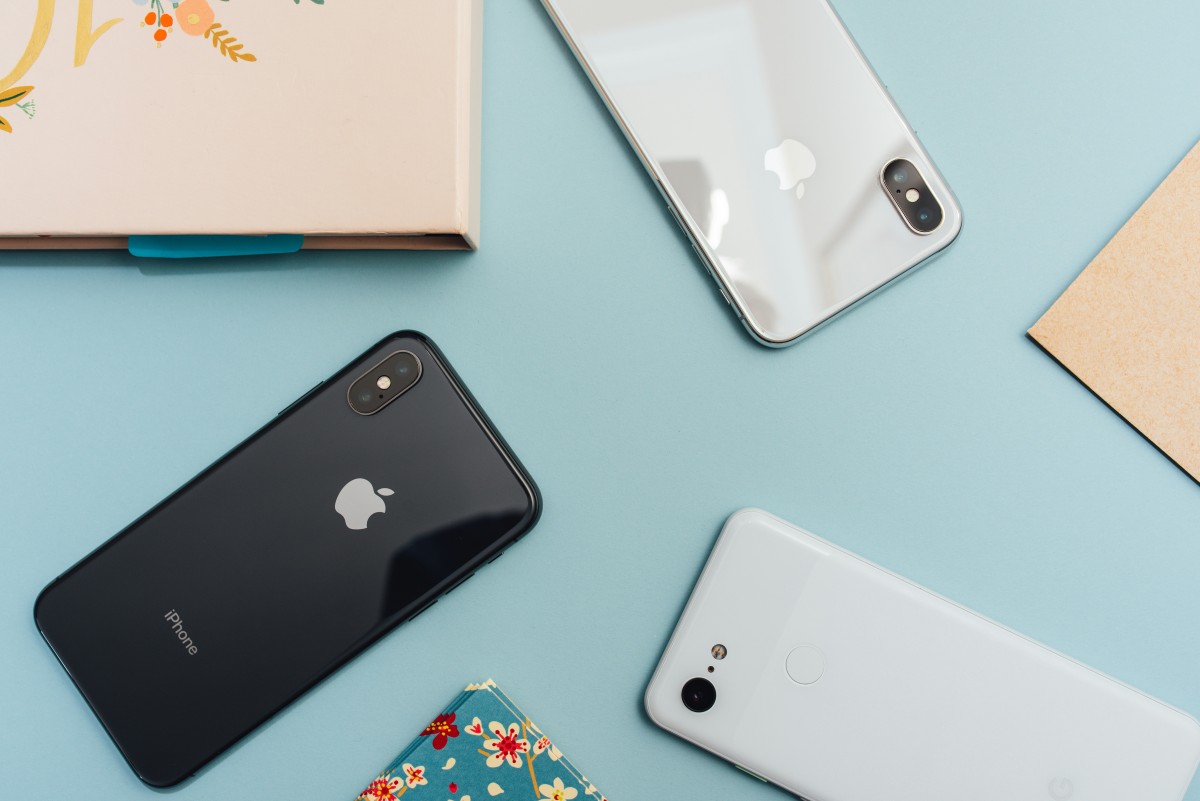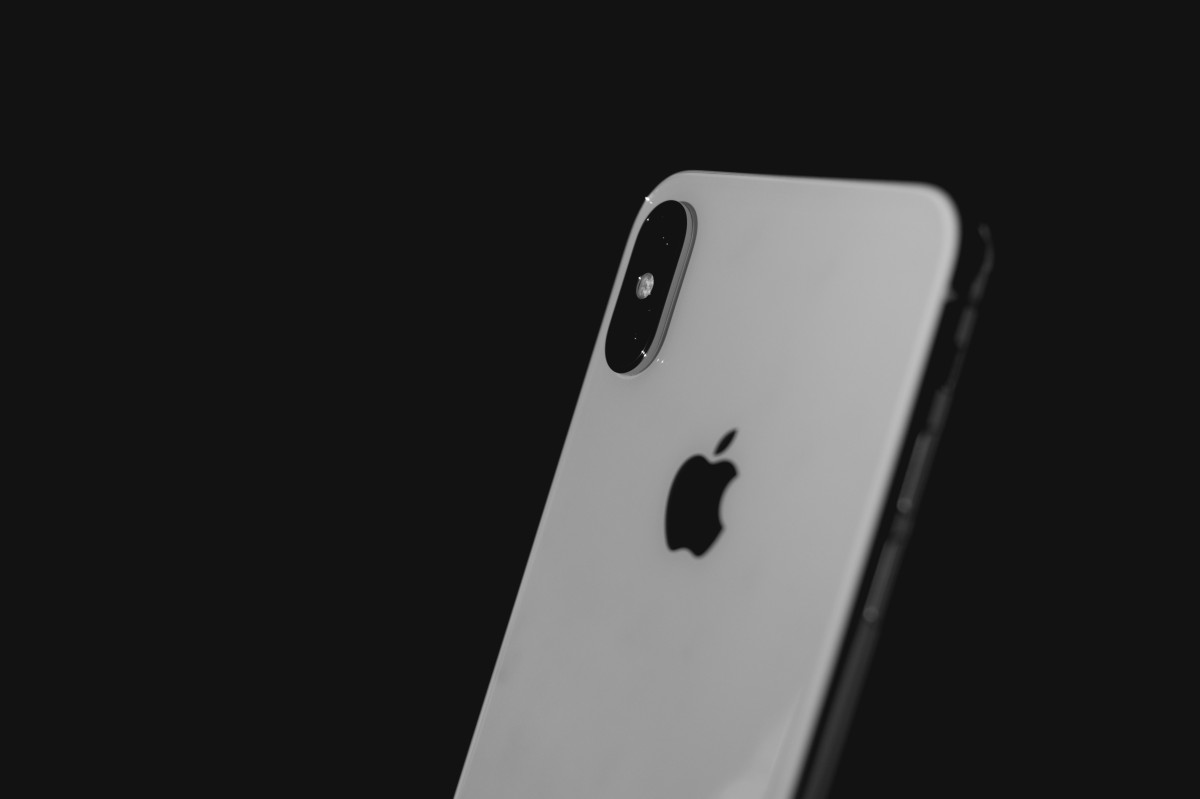How do I delete all call history on my iPhone?
In this digital age where our smartphones hold a treasure trove of personal information, the call history on our iPhones can often reveal more than we intend. From late-night phone calls to confidential business discussions, every dial and received call is logged in meticulous detail. But what happens when we need to wipe the slate clean and erase all traces of our communication trail? Deleting all call history on an iPhone may seem like a daunting task, but fear not – for this article will guide you through the process step-by-step, ensuring that your privacy remains intact and your device devoid of any lingering breadcrumbs that could potentially compromise your security. So buckle up as we delve into the depths of iPhone settings and unveil the secrets to a pristine call log free from any incriminating evidence or unwanted memories.
Reasons to delete call history
Deleting call history may seem like a mundane task, but it can actually have significant benefits. One of the main reasons to delete call history is privacy. By regularly clearing your call logs, you can prevent others from accessing sensitive information about your contacts or conversations. This is particularly important if you share your phone with family members or colleagues.
Another key reason to delete call history is to free up storage space on your device. Call logs can accumulate over time and take up unnecessary storage, which can slow down your phone’s performance. By deleting old call records, you can optimize your device’s storage capacity and ensure smoother operation. Additionally, a clutter-free call log can make it easier for you to navigate and manage recent calls effectively, saving you time and effort in the long run.
In a digital age where privacy and efficiency are paramount concerns, taking the simple step of deleting call history on your iPhone can go a long way in safeguarding your personal information and enhancing your device’s performance. It’s not just about decluttering; it’s about maintaining control over who has access to your communication records while also streamlining the functionality of your device. So, next time you hesitate before hitting that delete button on your call log, remember the valuable reasons behind this seemingly minor action.

Manual deletion process step by step
Deleting call history on your iPhone manually is a simple but important process. First, open the Phone app and navigate to the Recents tab. Here, you will see a list of all recent calls made and received. To delete an individual call entry, swipe left on the contact name or number and tap delete. For a more comprehensive clean-up, tap Edit in the top right corner to select multiple call entries for deletion.
If you want to remove all call history at once, go to Settings > Phone > Clear All Recents. Confirm your action by tapping Clear All Recents again in the pop-up prompt. This step ensures that no trace of your previous calls remains on your device. Remember that deleting call history not only frees up storage space but also enhances privacy by keeping sensitive information secure from prying eyes.
By regularly clearing out your call history, you can maintain a clutter-free record of incoming and outgoing calls on your iPhone. This manual deletion process allows you to manage your communication data efficiently and maintain a sense of organization within the Phone app. Stay vigilant about cleaning up old records to keep your device running smoothly and protect your privacy effectively.
Utilizing third-party apps for bulk deletion
When faced with the overwhelming task of deleting call history on your iPhone, utilizing third-party apps for bulk deletion can be a game-changer. These apps not only streamline the process but also offer additional features such as custom filtering options and automatic scheduling for regular clean-ups. One notable advantage is the ability to delete multiple entries at once, saving you valuable time and effort. Moreover, some third-party apps provide secure deletion methods to ensure your privacy is protected.
Another benefit of using third-party apps is their compatibility with various iPhone models and operating systems, making them versatile solutions for users with different device configurations. By entrusting this task to specialized apps, individuals can gain greater control over their call history management while maintaining efficient operation on their devices. Furthermore, these apps often come equipped with user-friendly interfaces that simplify the deletion process and enable users to customize their preferences easily. In conclusion, leveraging third-party apps for bulk deletion offers a seamless and effective solution for managing call history on iPhones.

Considerations before clearing call logs
Before hastily clearing call logs on your iPhone, there are several important considerations to keep in mind. First and foremost, think about the potential consequences of deleting call history – this data can be valuable for various reasons like referencing past conversations or tracking important contacts. Additionally, assess whether you have any legal or personal reasons to retain certain call records; deleting them impulsively could lead to regrets later on. Moreover, reflect on the privacy implications of clearing call logs – once deleted, this information may still be recoverable through forensic methods and could pose a risk if accessed by unauthorized parties.
Furthermore, take into account the impact clearing call history might have on your usage patterns and memory recall. It’s worth evaluating how frequently you refer back to old calls and whether their absence may disrupt your day-to-day routines. Another aspect to consider is the emotional significance attached to specific calls – some conversations hold sentimental value that you may wish to preserve by retaining them in your log history. By deliberating these factors before hitting delete, you can make a more informed decision that aligns with your individual needs and circumstances.
Data privacy concerns and precautions
As technology continues to advance and data becomes more valuable, concerns about data privacy have reached new levels. With the amount of personal information stored on our devices and shared online, it’s crucial to prioritize protecting our data from potential breaches. From location tracking to browsing habits, every action leaves a digital footprint that can be exploited if not properly secured.
To safeguard your data, consider implementing precautionary measures such as using strong passwords, enabling two-factor authentication, and regularly updating your devices and apps. Be cautious about granting permissions to apps that may unnecessarily access your sensitive information. Remember that once data is out there, it’s challenging to completely erase traces of it, highlighting the importance of being vigilant about what you share online.
Maintaining control over your personal data requires ongoing diligence and awareness in an increasingly connected world. By staying informed about data privacy issues and taking proactive steps to secure your information, you can navigate the digital landscape with greater confidence and peace of mind.

Conclusion: Safely manage call history on iPhone
In conclusion, managing call history on your iPhone is essential for both privacy and organizational purposes. By regularly deleting unwanted call logs and keeping track of important conversations, you can ensure that your personal information remains secure. Utilizing the various options available through the Phone app and iCloud can streamline this process and make it easier to maintain a clutter-free call history.
Furthermore, being mindful of the potential security risks associated with storing sensitive data in your call logs is crucial. Regularly reviewing your call history and removing any outdated or unnecessary entries can help prevent unauthorized access to your personal information. By taking proactive steps to manage your call history safely, you can enjoy a smoother user experience on your iPhone while also protecting your privacy from potential threats.



